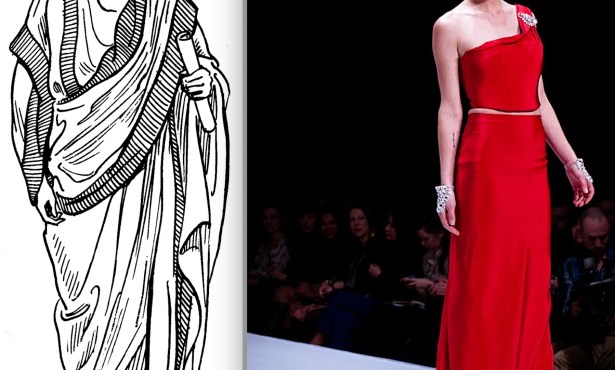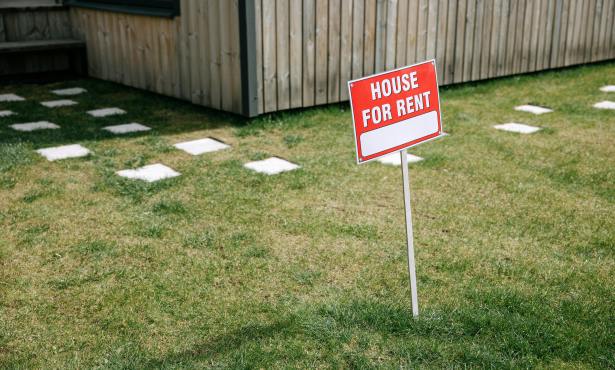Hold Santa Barbara District Elections in 2016
Voter Participation Greatest in Even-Numbered Years
After months of closed-session meetings between city officials and the committee bringing a California Voting Rights Act lawsuit against the City of Santa Barbara, the city is facing a looming deadline to make a settlement that could permanently alter elections in Santa Barbara. The negotiations have largely taken place within a black box, invisible to concerned residents who are wondering what might be going on inside. Many of us outside that box have worked for years to increase overall voter participation and enhance the voice of Latinos and other disenfranchised groups within the city. We are anxious to ensure that this becomes an open democratic process that maximizes voter participation and fair and meaningful representation for all.
While the principal argument for city district elections is the historically low participation of Latino voters, and in turn the lack of Latino representation on the City Council, one of the greatest contributors to overall low voter participation is that Santa Barbara holds its elections on odd-numbered years. Unlike county, state, and federal elections, which are held in even-numbered years when voters are tuned in and more informed, the City of Santa Barbara holds its elections on odd years like 2011 and 2013. During Santa Barbara City Council elections, voter turnout among all voters is abysmally low, but it is especially low among Latinos. Only 26 percent of registered Latino voters cast ballots in the last city election, compared to 41 percent of whites. This is a far larger gap than in even-numbered years: In the 2012 election, 75 percent of Latinos and 83 percent of whites voted.
Not only do Santa Barbara’s odd-year elections suppress voter turnout and impact meaningful representation; they also cost the city hundreds of thousands of dollars per election that could otherwise be spent on parks, libraries, public safety, or fixing potholes. Most people consider switching to even-year elections a no-brainer. That’s why City of Ventura voters just approved a switch to even years by an 83 percent landslide, giving Santa Barbara the distinction of being the only city in the two counties with this costly and unjust system, while also having the lowest voter participation of any city in the region in the last city election. In fact, more city residents are casting votes for Santa Barbara Unified’s school board in even years than for City Council in odd years. We are gravely concerned that city leadership may not be taking this critical issue of the timing of elections seriously and is only addressing the district elections issue to satisfy the basic requirements of avoiding a lawsuit.
Longstanding community leaders and social justice activists, along with CAUSE (formerly known as PUEBLO), the primary organization that has worked to increase Latino voter turnout in Santa Barbara for many years, have come together to form the Santa Barbara Voting Rights Coalition. We propose a 2016 district election for the city. This is critical for three reasons:
• Moving to even-year elections would increase voter participation broadly, significantly strengthening overall civic engagement and representation on the council from communities citywide.
• Moving to even-year elections is vital to tackling the fundamental cause of Latino underrepresentation in Santa Barbara. Without even-year elections, any district drawn with a mixed, diverse population will continue to see an underrepresentation of Latino voters due to low turnout in odd years. And any district drawn that is majority Latino will have so few voters in an odd-year election that a candidate with very little grassroots support could win a council seat with a few hundred votes.
• The districting process must give adequate time for everyday residents to voice their concerns and give public input into the district maps. If district elections are held in 2015, districts will be drawn largely in private, by those who may have conflicts of interest, with little time for the voice of underrepresented communities to be heard. When the state citizens’ redistricting commission drew districts for state legislators and members of Congress, they spent six months gathering public input. If some Santa Barbara voters feel that their neighborhood was disenfranchised by a map drawn hastily without their input, we may simply see another round of lawsuits against the city.
All of these problems can be avoided by holding district elections in Santa Barbara in November 2016. We encourage all Santa Barbara residents who care about fair elections to contact the City Council and mayor and urge them to support a districting process that gives adequate time for public participation and even-year elections that promote cost-efficient, diverse voter participation.
Supervisor Salud Carbajal represents Santa Barbara County’s 1st District, Monique Limón and Dr. Pedro Paz are boardmembers of the Santa Barbara Unified School District, and Dr. Marcos Vargas is executive director of CAUSE (Central Coast Alliance United for a Sustainable Economy).



